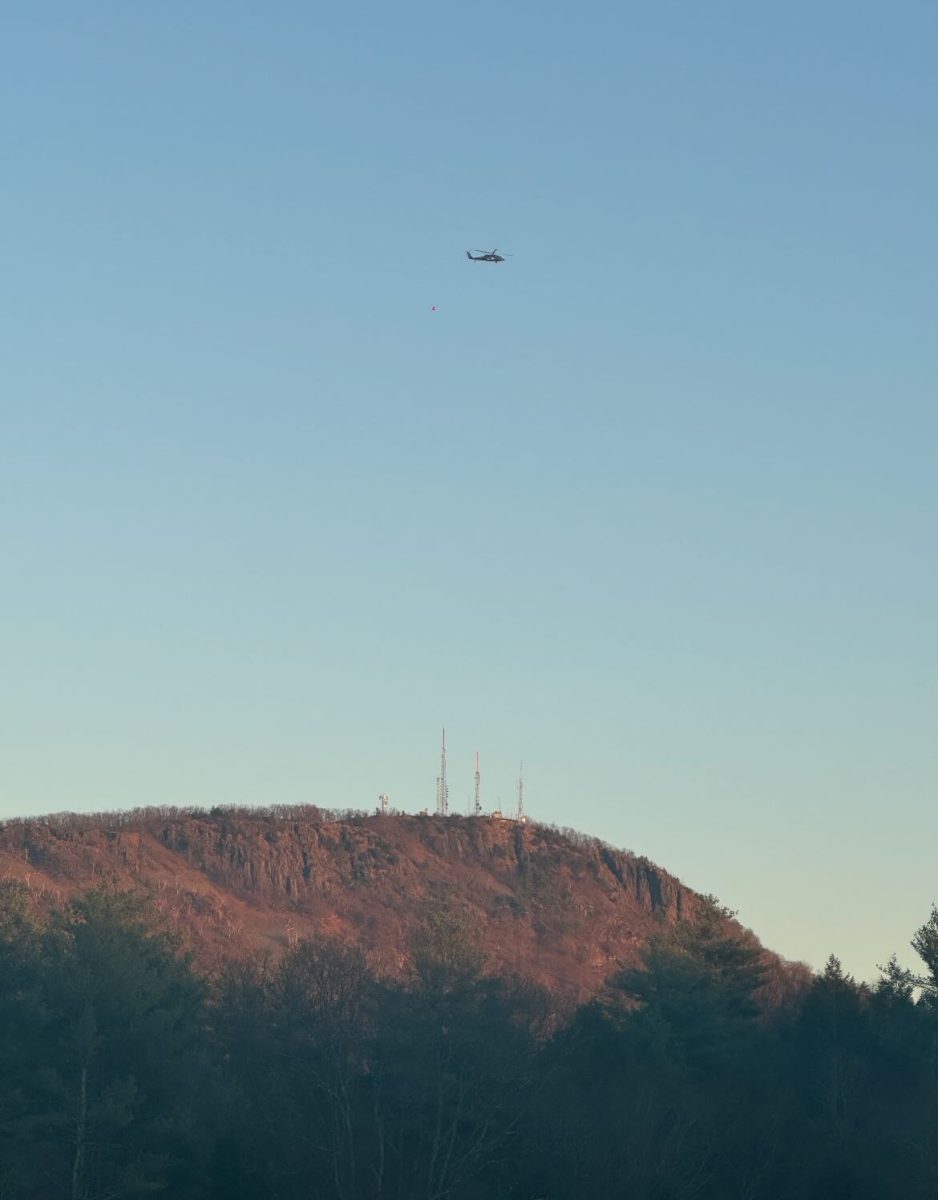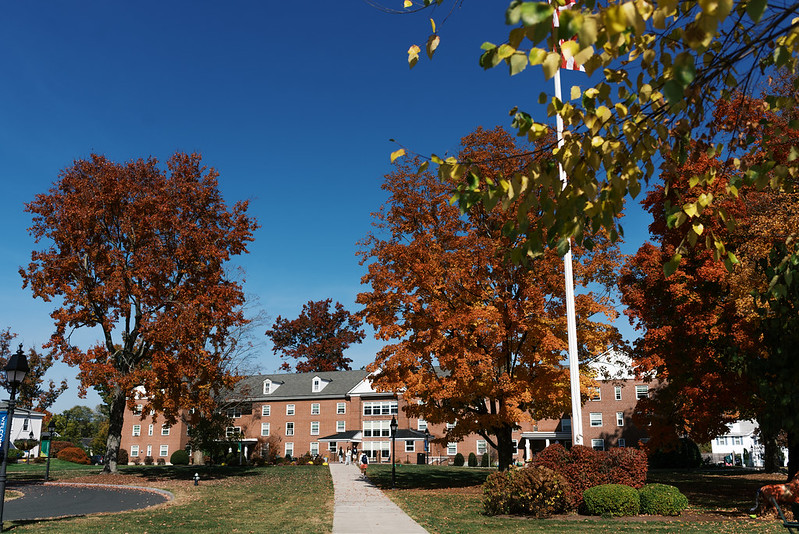A recent brush fire in Northampton is igniting fears about hotter temperatures and the damage they can cause.
Brush fires blazed across 55 acres of Northampton. The direct cause is still unknown, but officials are confident that recent weather patterns and conditions are a large component. On Nov. 2, the Fitzgerald Conservation area caught fire, and required attention from 12 local fire departments. No evacuations were necessary, and as of Nov. 4, the fires were almost completely (85% according to 22 News WWLP.com) contained, but the threat of brush fires is new and surprising to many residents.
According to Western Mass News, officials urge residents to do their part in prevention by “not using outdoor cooking or heating equipment, [refraining] from using lawnmowers, ATVs, and other power tools near dry vegetation, [disposing] of ashes from fireplaces in a metal can, [dousing] with water, [and] fully [extinguishing] all smoking materials in water or sand.”
There have been about 200 other fires reported in Massachusetts since the beginning of October, and over 100 nearby in Connecticut according to CT Insider. Mixed with wind, the limited precipitation and irregularly high temperatures of this fall are some of the reasons why these fires are starting in the Northeast.
Elise Edmunds, a Northampton resident, lives very close to the Fitzgerald Conservation, and is surprised at the frequency of brush fires across the state in recent weeks.
“It’s really not a place where we hear about wildfires,” she said.
The extremity of these events has raised local concerns about climate change. Fluctuating temperatures, lack of rain, and an increasing number of strong weather events are among notable changes that are beginning to have impacts on the world and the local community.
Alison Tucker, an eighth grade Science teacher and upper school Earth and Environmental Studies teacher at Williston since 2019, sees events like this as proof of climate change.
“It’s just more proof than ever that climate change is happening and that folks who are not normally affected or affected as much are realizing the frequency of these events and experiencing just more and more intensely,” Tucker said. “To me, it’s more data and proof that this is happening to a wider group of people around the country and the world.”
Increased severity of hurricanes in Florida, extreme flooding in Spain and North Carolina, and now wildfires in New England, are all examples of weather events in places they have not historically occurred. These areas are not prepared for these events, making it more difficult for communities to respond and longer to recover from damages.
Alice Brashares, a junior boarder from Berkeley, Calif., is worried about climate change and thinks we must take action before things get worse.
“I just think it’s pretty scary. You never know what can happen. It’s better that we deal with it now than wait until something really horrible … or something even worse happens,” she said.
Maya Zesiger, a runner on the cross country team, was at Galbraith fields when she spotted a helicopter carrying water from a nearby reservoir of water to help contain the fires.




















